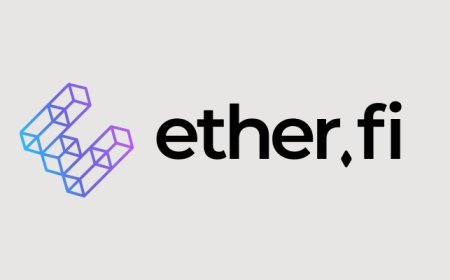Bitcoin ETF Dilemma: Own the Metal or the Paper? Weighing the Pros and Cons of ETFs
Bitcoin, the digital gold rush of the 21st century, beckons. But how do you get your hands on this shiny asset? Do you dive headfirst and own the "metal" yourself (direct ownership), or play it safe with a secure "paper" certificate (Bitcoin ETFs)?

Key Points
- The SEC approved 11 spot Bitcoin exchange-traded funds (ETFs), offering investors more options to gain exposure to Bitcoin’s price without owning the cryptocurrency directly.
- Investing in a Bitcoin ETF provides regulated exposure to Bitcoin but does not grant direct ownership of the asset. ETFs trade on traditional exchanges like the NYSE and may have differences in price compared to Bitcoin’s net asset value.
- Buying Bitcoin directly offers ownership and control over the cryptocurrency but requires self-custody and trading on cryptocurrency exchanges. The choice between an ETF and direct ownership depends on individual preferences, expertise, and investment goals.
Bitcoin ETF or Direct Ownership? Decoding the Crypto Investment Dilemma!
The SEC’s approval of 11 spot Bitcoin exchange-traded funds (ETFs) has opened up new avenues for investors looking to gain exposure to Bitcoin’s price without directly owning the cryptocurrency. These ETFs offer regulated investment options, but they differ from buying Bitcoin directly.

An article on CryptoPotato explores the distinctions between a spot Bitcoin ETF and purchasing Bitcoin directly. ETFs, such as those explained in Investopedia’s definition, trade on traditional exchanges like the NYSE, making them accessible during standard US trading hours.
Investing in a Bitcoin ETF provides regulated exposure to Bitcoin’s price, but investors do not have direct ownership of the underlying asset. On the other hand, buying Bitcoin directly offers complete ownership and control but requires self-custody and trading on cryptocurrency exchanges.
The choice between an ETF and direct ownership depends on individual preferences, expertise, and investment goals. To explore this topic further, read the full article and gain insights into the pros and cons of each approach.
Bitcoin ETFs: A New Era in Crypto Investments
The U.S. Securities and Exchange Commission (SEC) has made a landmark decision by approving 11 spot Bitcoin ETFs, marking a significant moment for the digital-asset sector. This approval not only broadens access to Bitcoin on Wall Street but also signifies a change in the SEC’s stance, as it had previously opposed such measures for over a decade.
The introduction of these ETFs makes investing in Bitcoin more accessible to mainstream investors, without the complexities of direct cryptocurrency ownership.
Among the approved ETFs are prominent names like:
- BlackRock
- Fidelity
- Grayscale
- and ARK Invest.
The move is expected to attract big institutional players into the digital-asset space for the first time, potentially fueling further growth in Bitcoin’s value.
Despite the SEC’s approval, Chair Gary Gensler has issued a cautionary note to investors about the inherent risks associated with Bitcoin and related products.
The decision follows an appeals court ruling that criticized the SEC’s previous denial of a Bitcoin ETF as “arbitrary and capricious.”






















